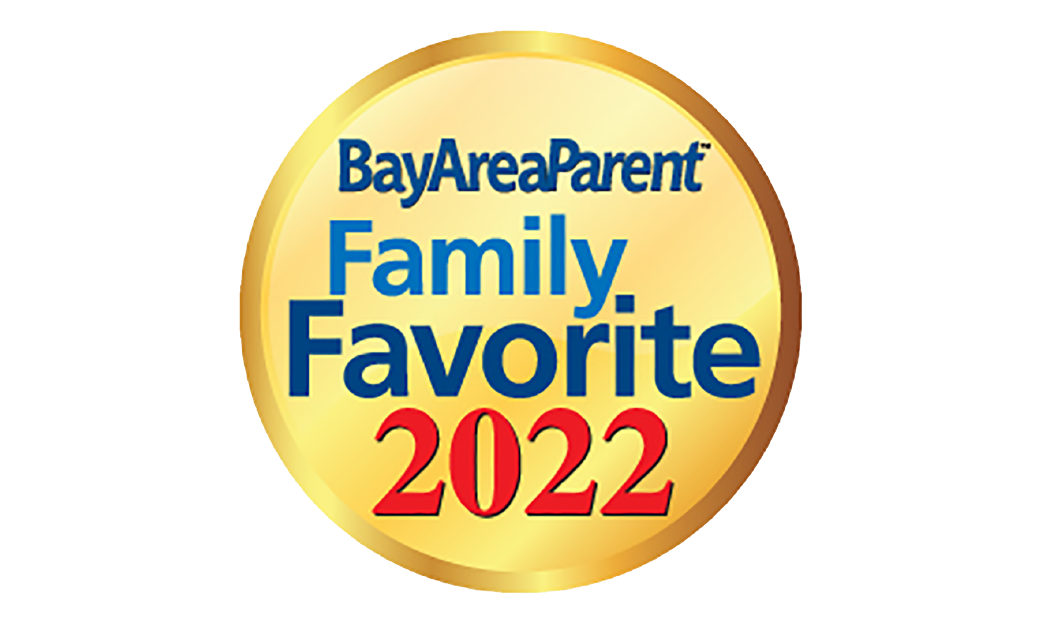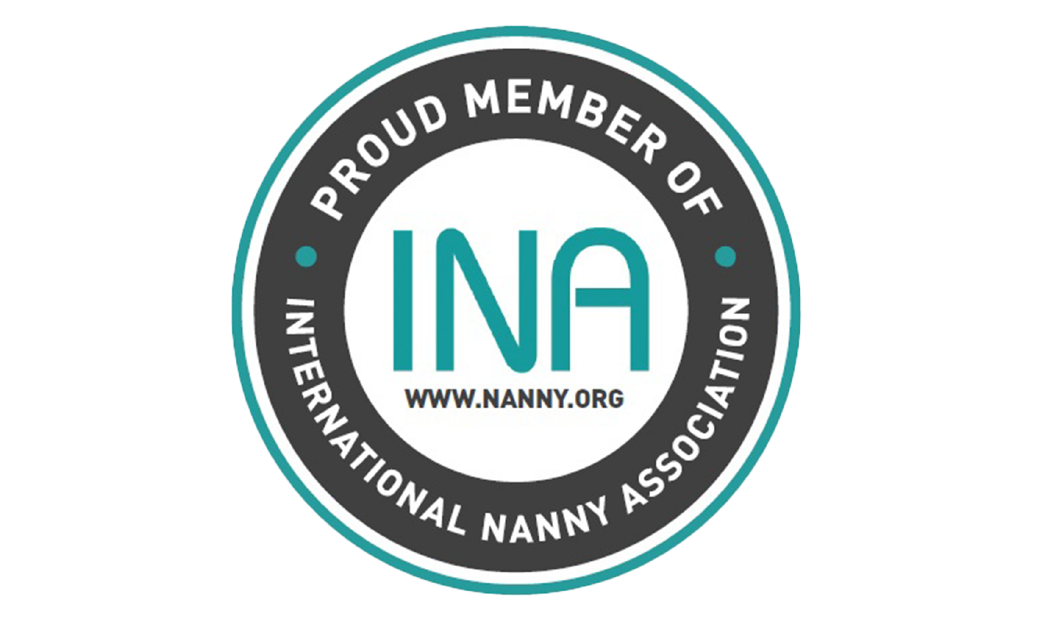
2018 Financial Checkup for Nannies and Employers

2018 Financial Checkup for Nannies and Employers
Written by Lora Brawley, founder of Nanny Care Hub.
The new year isn’t just the time to make new year’s resolutions. It’s also a great time to check in on the mundane but important financial issues within our employment agreement. Remember employers and nannies don’t have an HR person to provide important updates and make sure things are as they should be. It’s up to each employer and nanny to work together so both sides are informed and making the best financial decisions for their unique situation. Here’s a rundown of the top issues you should take the time to look at going into 2018.
Mileage
In many states, a nanny is legally entitled to the IRS mileage reimbursement rate for every mile she drives on the job when using her own car. And in all states, it’s a standard benefit of the industry. This reimbursement covers the full cost of operating the car including gas, regular maintenance, and repairs. The rate increased from 53.5 cents a mile to 54.5 cents per mile beginning January 1st, 2018.
A survey showed that only 67% of full-time nannies and 30% of part-time nannies received mileage reimbursement. That means lots of nannies are absorbing the cost of driving their charges around and doing household errands. Using the new rate, a nanny who drives just 10 miles a day (easy to do when you’re going to and from school, Gymboree, play dates, or other outings like the zoo) is losing $109 a month or $1,308 a year in mileage reimbursement. Ouch.
For those considering having the nanny deduct mileage from her personal taxes, that’s a choice that doesn’t work for most nannies. Most nannies don’t itemize on their taxes (especially with the standard deduction doubling for 2018) and even if they do, taking it as a deduction on the nanny’s personal taxes means she has to front those expenses all year long. Most nannies cannot afford to pay for gas, maintenance, and repairs week after week. The regular reimbursement from the employer is what makes using her own car financially workable.
If you don’t currently provide mileage reimbursement to your nanny, 2018 is the year to begin. Just like meals, classes, and other child-related expenses, transportation is an expense parents should take on when hiring a nanny.
Business Use Rider
When a nanny uses her own car for work, she needs a business use rider in addition to her personal car insurance policy. A rider ensures that if she’s in an accident while on duty, she’s covered. A business use rider in relatively low cost, usually less than $300 a year, and is generally paid for by the employer. Considering the employer is the most likely person to be sued in case of an uncovered accident, it’s a smart investment.
Adjust Your W-4?
So this will be a tricky issue this year. With the new tax plan that was recently passed, the amount employers withhold from their nanny’s paycheck isn’t based on the number of personal exemptions listed on the nanny’s W-4 since personal exemptions have been eliminated. The IRS is encouraging everyone to wait and see how your paycheck will be affected by the new tax law and then reevaluate your withholding based on the new tax brackets. You should expect to see a change in February. It’s essential for nannies to receive and review their pay stub for every paycheck going into 2018 to make sure the appropriate amount of taxes are being withheld and to make any needed changes this year. Here’s a quick read that gives details on the IRS recommendations.
If you’re one of the many employers who do their nanny taxes themselves, this might be a time when you want to get some guidance from a nanny tax company to make sure you’re making the correct adjustments. I recommend HomeWork Solutions and HomePay by Breedlove.
Workers’ Compensation
The time to figure out Workers’ Compensation is not when a nanny is hurt on the job. The time to figure it out is now. 62% of nannies said they didn’t know if their employers had a Workers’ Compensation or similar policy (e.g. private policy, home owner’s rider) in place to cover them in case of injury on the job. That means over half of caregivers are unsure about this important protection.
If you’re an employer and don’t have a current policy, put this on the top of your to do list. If you don’t provide adequate coverage for on the job injuries, chances are you’ll be paying your nanny’s medical bills and lost income directly if she slips on an icy driveway, trips over a toy, or falls victim to the many hazards of working in a private home. The cost of an insurance policy is much cheaper.
Need help finding a policy? HomePay by Breedlove can help with that too. You don’t need to be a client to use their recommended broker.
City or State Specific Legal Protections
There are more and more states and cities that are including nannies in new legislation that provides worker benefits like paid sick leave and paid family leave. Starting in 2018 Washington state employers must now provide paid sick leave and New York employees are now eligible for paid family leave and employers must hold their jobs during that time. Check out the Times article on that. Huge accomplishments in our industry. Want to know what’s required in your area? HomePay by Breedlove has an amazing resources on their user-friendly website that lists state-by-state requirements. It’s one of the most helpful industry resources out there.
Health Insurance
Having health insurance coverage is important for everyone, especially nannies. Caring for kids means lots of kisses and hugs so nannies are exposed to more than their fair share of germs and illnesses. Add in the fact that most nanny employers don’t have a back-up caregiver readily available to cover sick days and it’s easy to see why it’s critical that a sick nanny can see a doctor and get medication when she needs to.
As many of you know, nanny employers can offer health insurance as part of their benefits package and neither the parent nor the nanny pays taxes on those health insurance premium costs. Over the past several years, more and more many employers have chosen to offer this benefit
Let’s do some quick math. If a nanny’s health insurance premium is $300 a month, including it as a benefit means the family saves $30 each month on employer taxes (assuming the average tax cost of 10%), and the nanny saves $75 each month on employee taxes (assuming the nanny pays a combined 25% in Social Security / Medicare, federal and state income taxes) so the monthly cost drops down to $195 a month. That’s over $100 in savings each month! Nannies who are in a higher tax bracket will save even more.
So how does the payment part work? Does the family have to pay the insurance company directly or can they just cut a check to the nanny? Tom Breedlove of HomePay ends the mystery. “They (the family) can write a check to the insurance company OR reimburse the employee. In the event of an audit, paying the insurance company directly is more desirable because it’s easy to demonstrate that the money did not go to the employee. If they reimburse the employee, I would advise having the employee print out a copy of the bill/receipt each month so there’s a paper trail proving the money was going to insurance.” Hear my interview with Tom around all the details of employers providing a health insurance benefit.
If you’re an employer and not currently offering a health insurance benefit, this is the perfect time to consider adding it. Unfortunately open enrollment ended on December 15th this year however if your nanny has a current policy, you can begin providing it as a benefit at any point. Think you can’t afford to add to your benefit package? Many families offer the benefit in lieu of a raise. The nanny has a net gain (remember the math above!) but it doesn’t cost the family anything.
If you have questions or want to know how the numbers work out for your situation, contact HomePay by Breedlove. They’ll run the numbers with you and help you get set-up.
Retirement Account
I discovered that 28% of part-time and 78% of full-time nannies had a retirement account. Bravo to those great planners! We all know we should be contributing to our retirement account each year but we often don’t do it. Retirement savings is one of the easiest things to put off because it’s not an immediate need like your car payment or rent. Unfortunately time passes faster than we’d like so if you don’t have a current retirement savings plan, 2018 is the perfect time to start. Unfortunately there aren’t any retirement accounts that allow household employers to offer tax-free matching contributions. Start one anyway! A Roth IRA is usually the best solution. You put in after-tax dollars and then it grows tax free.
Wishing all of you financial health in the new year!
Categories
Tags
"Finding the right caregiver for your children can feel like an overwhelming task, but Stanford Park Nannies made the process incredibly smooth and successful for our family. From the moment we contacted them, they were attentive, professional, and incredibly understanding of our specific needs. They made the entire process stress-free and gave us the gift of knowing our children are in the best hands possible."
“I would like to thank the whole team at SPN for all you guys do. In this midst of the heartbreak and hardships the COVID-19 crisis has imposed on our neighbors, our families, and our friends, I am also inspired and deeply moved by the compassion, resiliency, and the human spirit of the SPN team. Thank you for being there with us. We are here for you.”
"I would rate Stanford Park Nannies very highly! They provide a great flow of very qualified candidates, who are all prepared to pay taxes. They have a great vetting process and did not waste our time with those that weren’t a fit. In addition to our full-time search, they had the ability to quickly identify relevant interim/temp nannies as well!"
"SPN is a powerhouse agency of incredible women who embody experience, passion, and a heart for service!"








